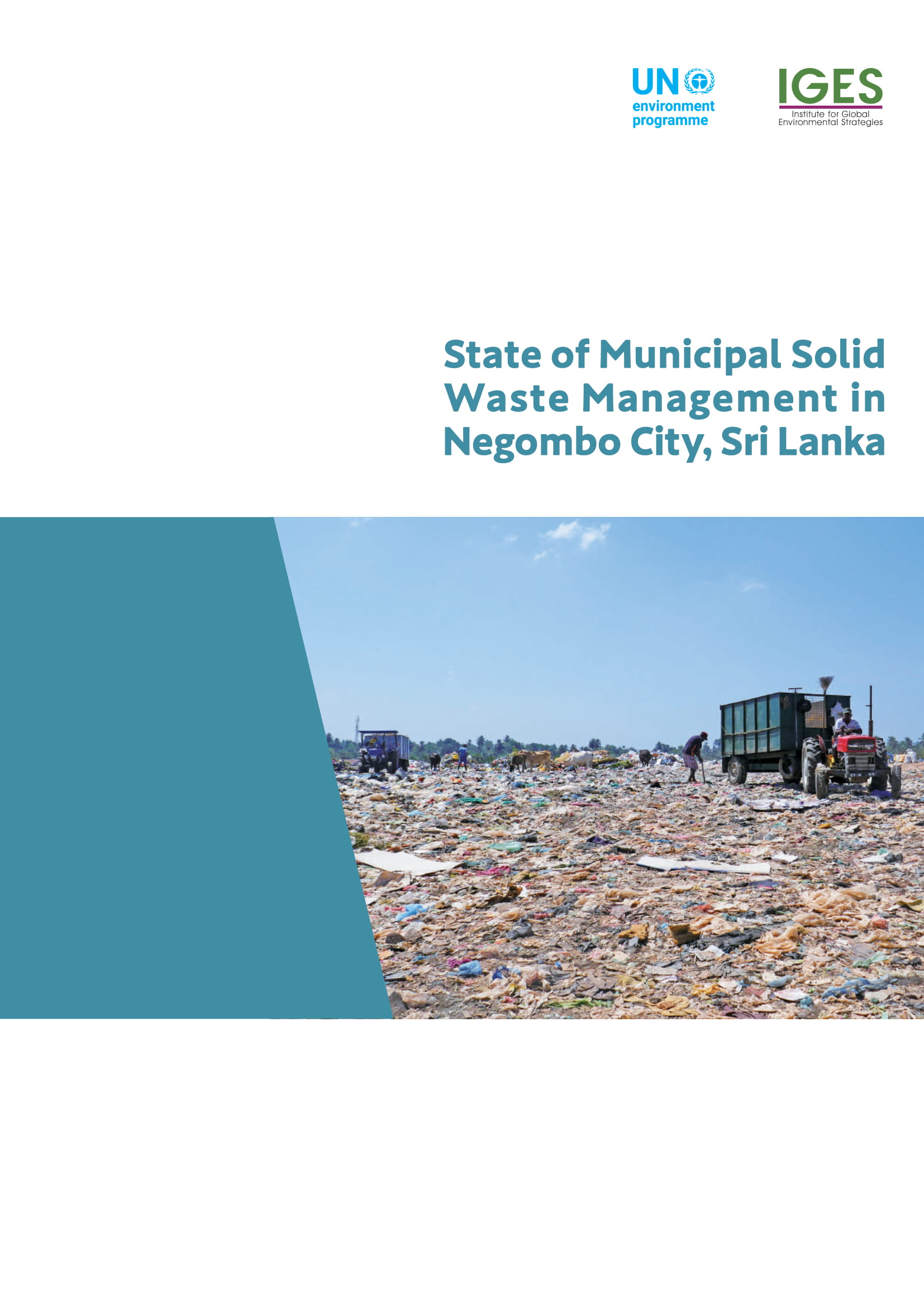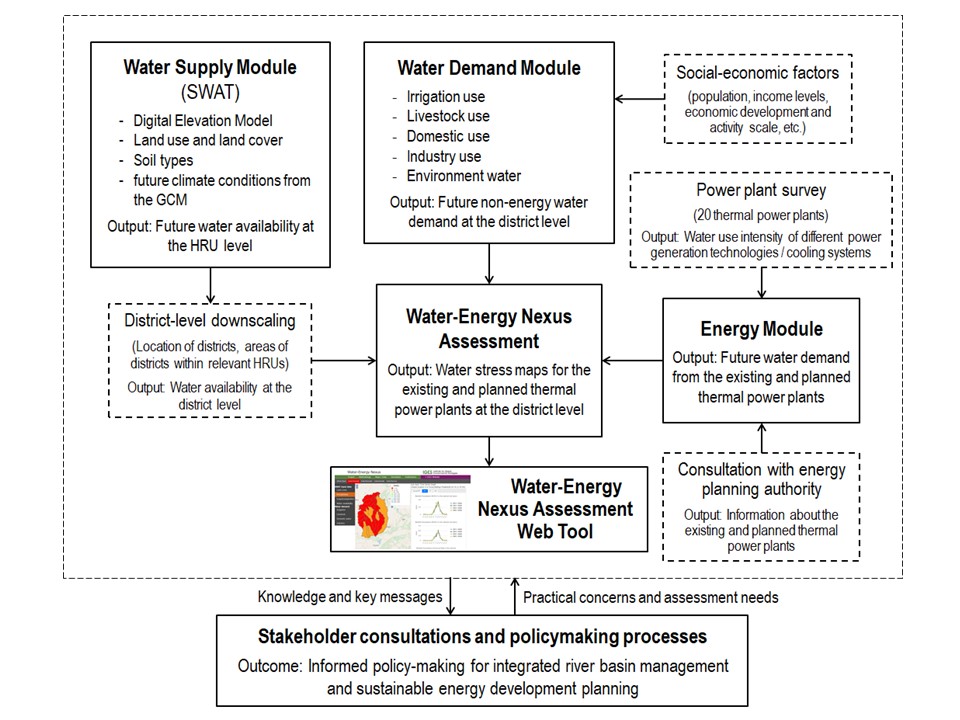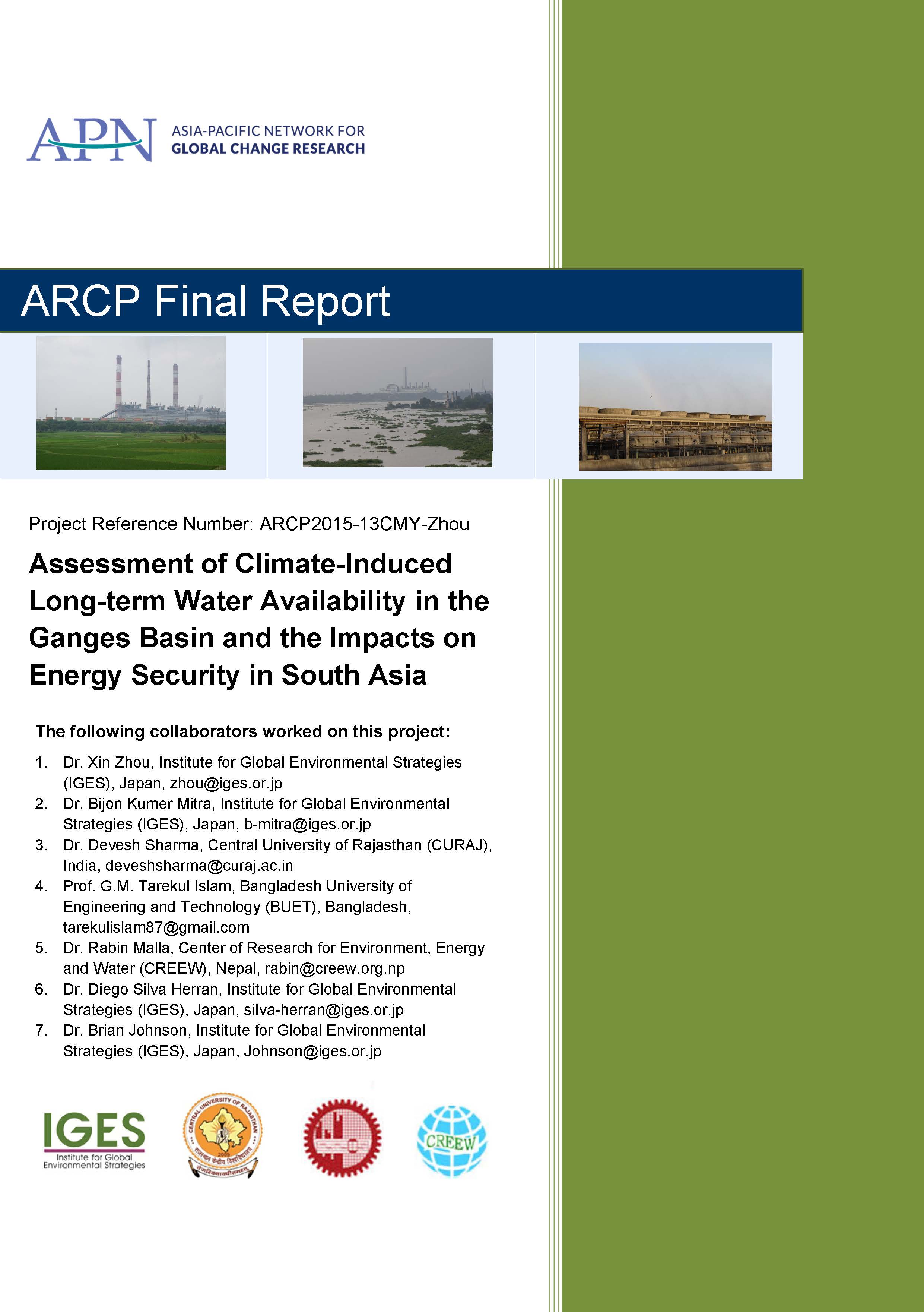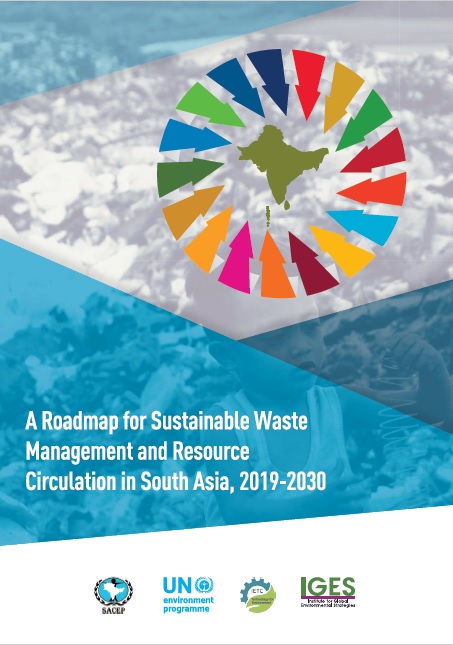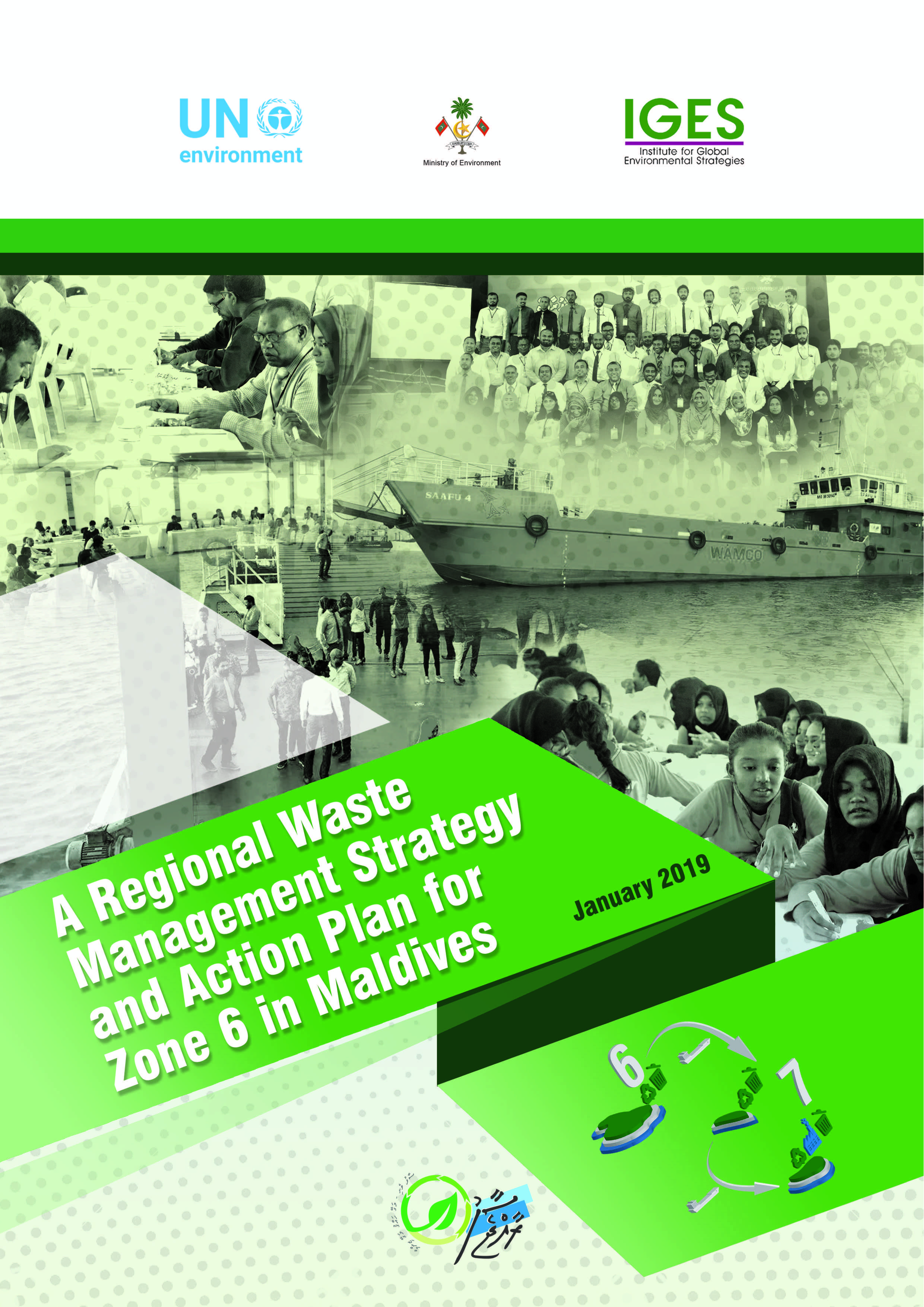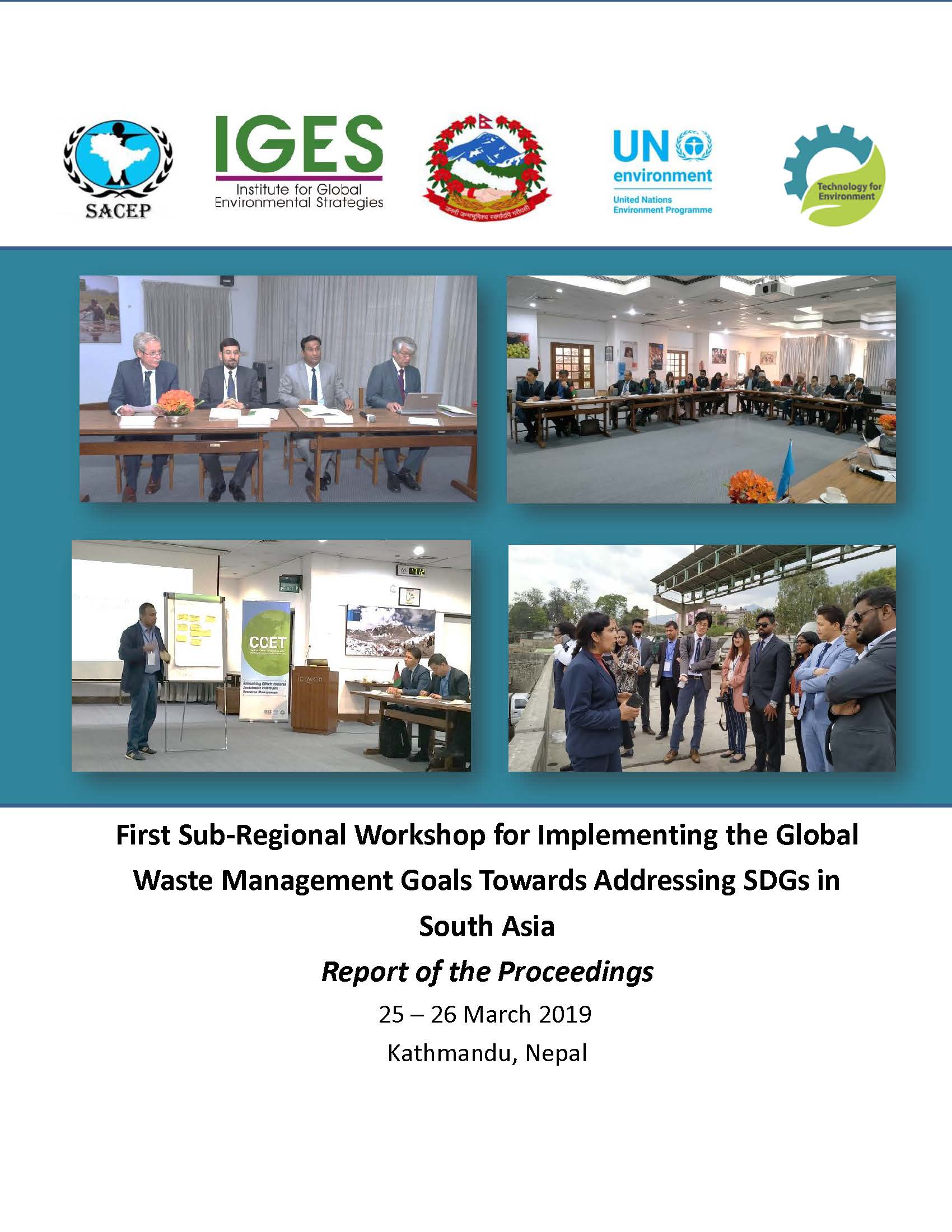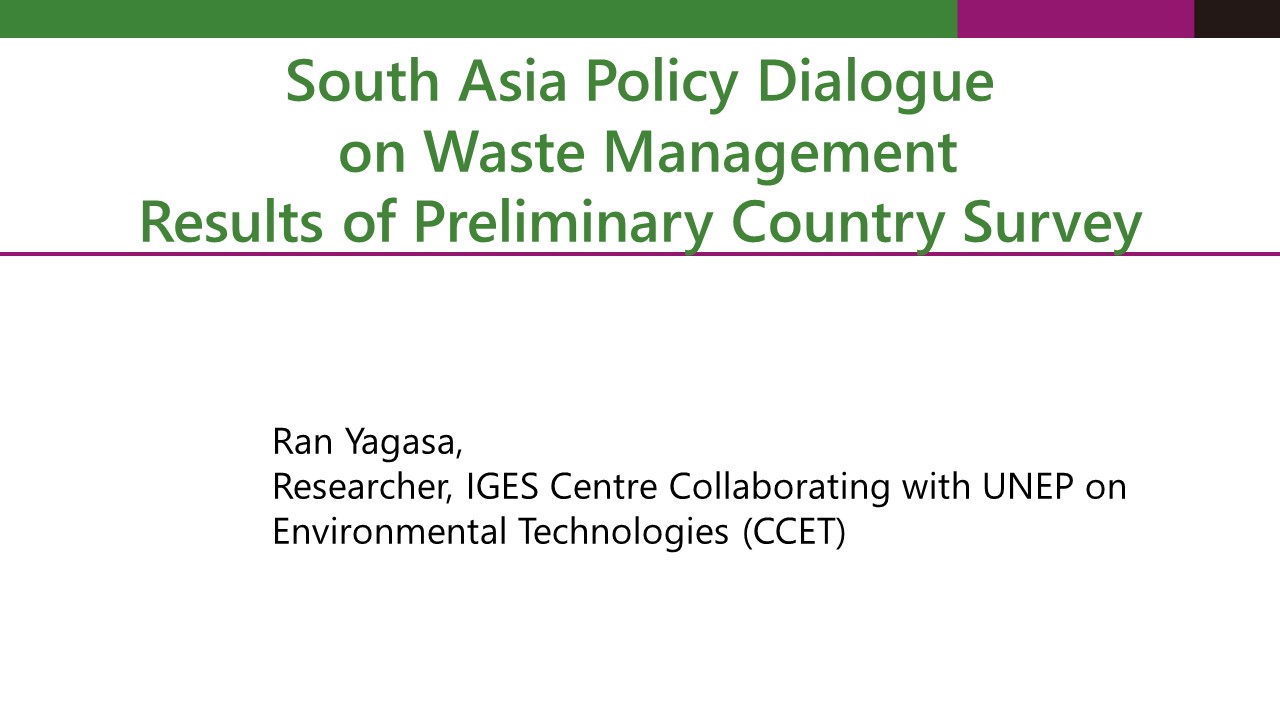Negombo City is one of the fastest growing tourist destinations in Sri Lanka. It is the major commercial and transport centre, and main health service provider for the region. However, municipal solid waste management is a pressing concern for Negombo due to expanding urbanization, increasing income, lack of public awareness, changes in consumption...
- Clear all
- Publication Year: (-) 2019
- Topic: (-) Water
- Topic: (-) Resource Efficiency and Circular Economy
- Topic: (-) Sustainable Cities and Transport
- Region/Country: (-) Costa Rica
- Region/Country: (-) Southern Asia
Results 1 - 10 of 11 (Sorted by date)
In APN Science Bulletin
The Ganges basin provides essential water for drinking, irrigation, industrial use and power generation. Global climate change will affect the water availability in the basin and inevitably intensify the competition for water among major users, particularly from thermal power generation. Knowledge on the spatial distribution of water supply-demand...
In Water Science
High fluoride (F−) groundwater causes fluorosis which might at severe stages lead to deformation of bones, bilateral lameness. The concentration of F− ranged from 0.4 to 4.8 mg/L. This study suggests that high HCO3 − and Na+ in alkaline medium along with water–rock interaction plays important role in enrichment of F− in groundwater. Na-HCO3 is the...
In Applied Water Science
Achieving water security and availability for all is among the principle agenda of the UN Sustainable Development Goals. To achieve the goal of water security, particularly in rapidly expanding cities, identification of safe and sustainable water resources is an absolute necessity. The paper conducts an exploratory investigation in the...
In Water
Rapid changes in land use and land cover pattern have exerted an irreversible change on different natural resources, and water resources in particular, throughout the world. Khambhat City, located in the Western coastal plain of India, is witnessing a rapid expansion of human settlements, as well as agricultural and industrial activities. This...
The Ganges basin provides essential water for drinking, irrigation, industrial use and cooling of power generation facilities. Changes in the water availability induced by global climate change will impact on economic development as well as human life in this basin and beyond. Water competition among major consumers will become fiercer in the...
Development of the Roadmap for Sustainable Waste Management and Resource Circulation in South Asia, 2019-2030 is a result of an intensive consultation process facilitated by the South Asia Cooperative Environment Programme (SACEP) and the IGES Centre Collaborating with UNEP on Environmental Technologies (CCET) with the participation of all eight...
Maldives has had to face a growing challenge in managing its solid waste and associated environmental, economic and social issues. This situation is even worse in small islands due to the size of the island communities, insufficient infrastructure and waste transportation difficulties, absence of sufficient budget and appropriate cost recovery...
First Sub-Regional Workshop on Preparation of Status Report and Sub-regional Road map for implementing the Global Waste Management Goals toward Addressing SDGs in South Asia
Home to roughly 1.8 billion people, South Asia generates approximately 334 million tonnes of waste per year of which 174 million tonnes (57%) is organic in content. In addition to the increase in municipal solid waste, managing complex and emerging waste streams, including e-waste, food waste, construction and demolition waste, disaster waste...
First Sub-Regional workshop on Preparation of status Report and Sub-regional Roadmap for Implementing the Global Waste Management Goals toward Addressing SDGs in South Asia
Home to roughly 1.8 billion people, South Asia generates approximately 334 million tonnes of waste per year of which 174 million tonnes (57%) is organic in content. In addition to the increase in municipal solid waste, managing complex and emerging waste streams, including e-waste, food waste, construction and demolition waste, disaster waste...

